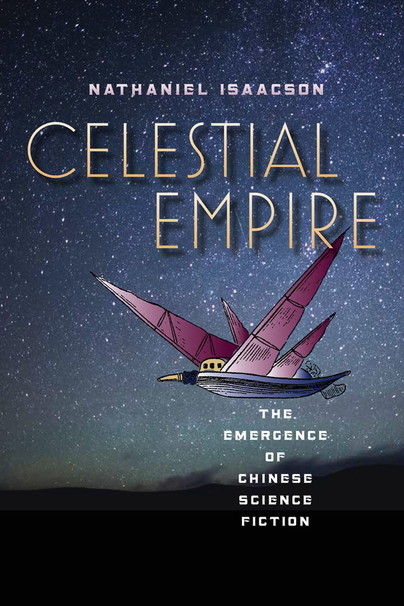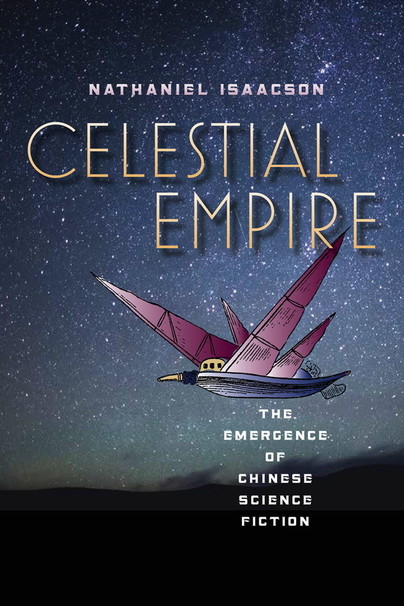

Pages: 240
ISBN: 9780819576675
Pub Date: February 2017
Imprint: Wesleyan University Press
Illustrations: 8 illus.
Price:
£58.95
In stock
Pages: 240
ISBN: 9780819576682
Pub Date: February 2017
Imprint: Wesleyan University Press
Illustrations: 8 illus.
Price:
£18.95
In stock
Description:
Challenging assumptions about science fiction’s Western origins, Nathaniel Isaacson traces the development of the genre in China, from the late Qing Dynasty through the New Culture Movement. Through careful examination of a wide range of visual and print media—including historical accounts of the institutionalization of science, pictorial representations of technological innovations, and a number of novels and short stories—Isaacson makes a case for understanding Chinese science fiction as a product of colonial modernity. By situating the genre’s emergence in the transnational traffic of ideas and material culture engendered by the presence of colonial powers in China’s economic and political centers, Celestial Empires explores the relationship between science fiction and Orientalist discourse. In doing so it offers an innovative approach to the study of both vernacular writing in twentieth-century China and science fiction in a global context.
Challenging assumptions about science fiction’s Western origins, Nathaniel Isaacson traces the development of the genre in China, from the late Qing Dynasty through the New Culture Movement. Through careful examination of a wide range of visual and print media—including historical accounts of the institutionalization of science, pictorial representations of technological innovations, and a number of novels and short stories—Isaacson makes a case for understanding Chinese science fiction as a product of colonial modernity. By situating the genre’s emergence in the transnational traffic of ideas and material culture engendered by the presence of colonial powers in China’s economic and political centers, Celestial Empires explores the relationship between science fiction and Orientalist discourse. In doing so it offers an innovative approach to the study of both vernacular writing in twentieth-century China and science fiction in a global context.
